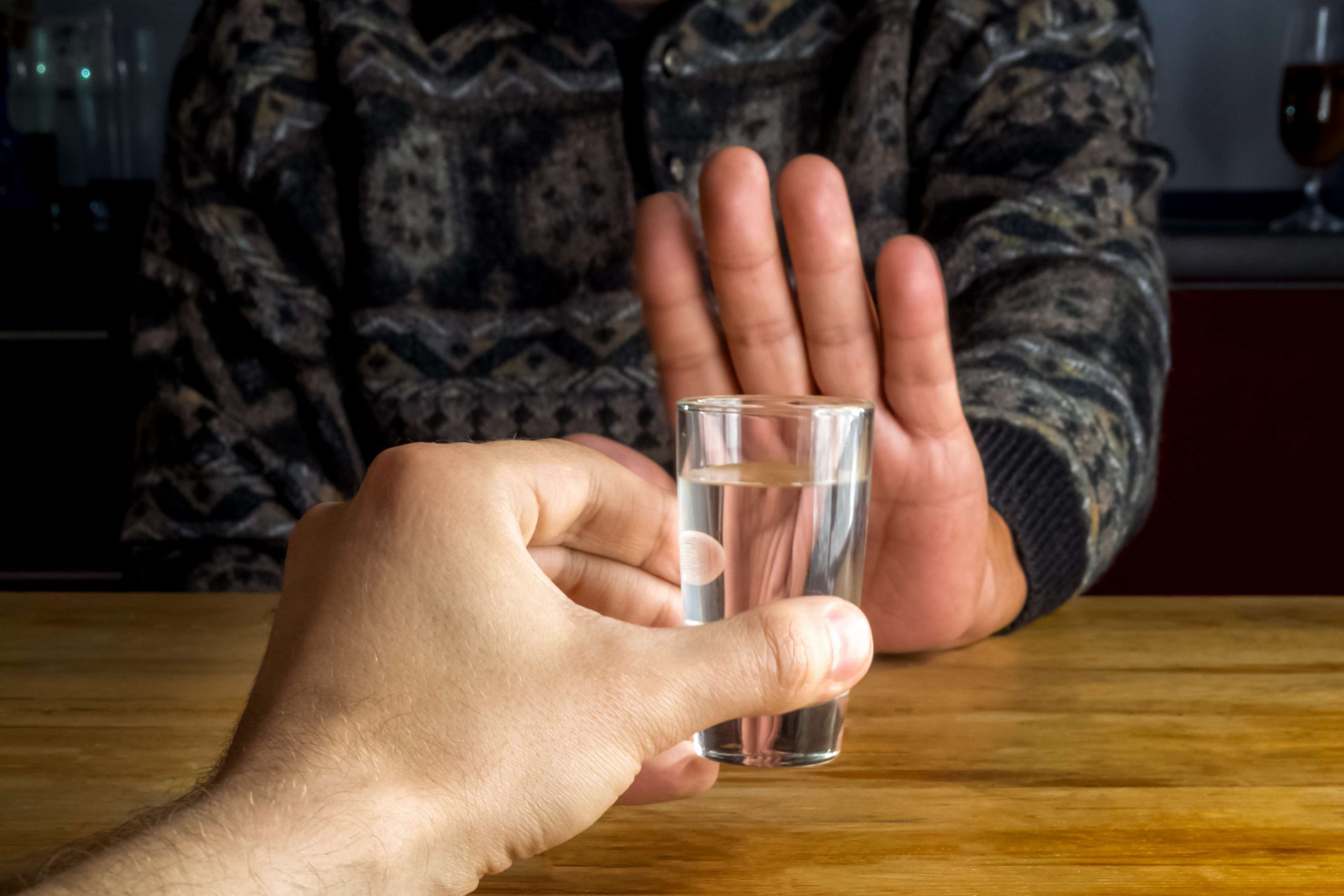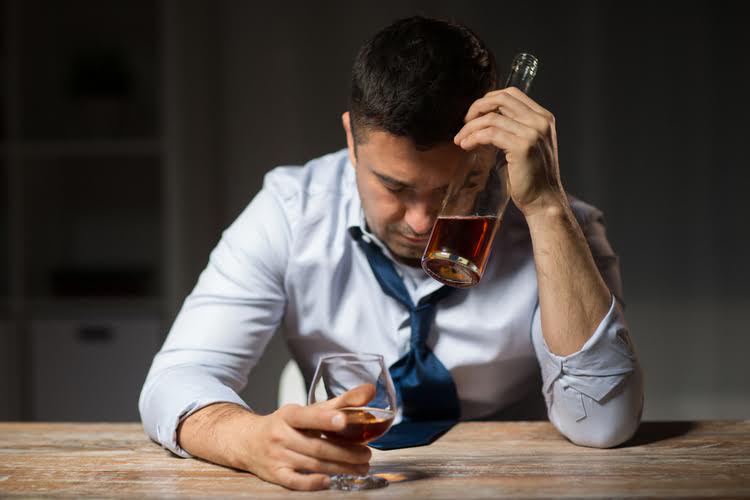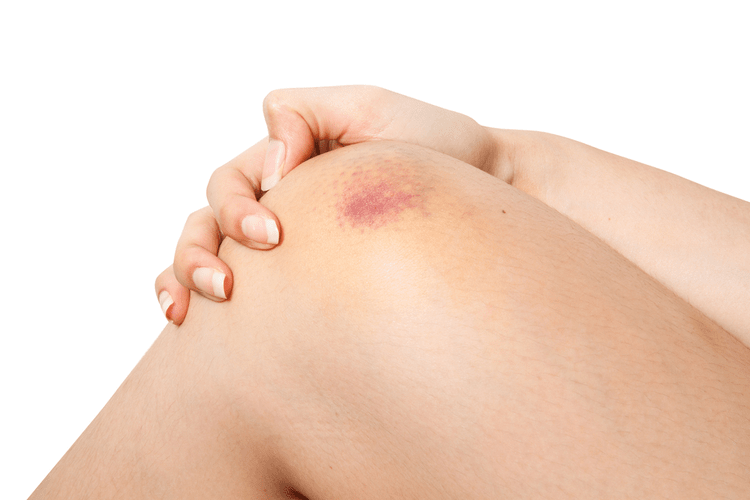Content
There’s a chance your late-night beverage choice is having a negative effect on your sleep patterns. The wrong drink choice can affect your sleep quality, delay your body clock, fragment your sleep, and more. Make sure your bedroom is around 18°C, dark and quiet, and try to reduce the time you spend on your phone before bedtime . If you’re suffering with stress and anxiety and this is impacting your ability to sleep – and creating a reliance on alcohol – it’s important to address this too. For Aggie, cutting alcohol out of her life improved her sleep dramatically.

Proceed with caution when drinking before bedtime, as alcohol may be affecting your sleep more than you realize. This may be especially true if you drink alcohol to help you fall asleep faster, and then experience disrupted Alcohol detoxification sleep later in the night without realizing it. Since even small amounts of alcohol can affect your sleep, the overwhelming consensus in the medical community is that alcohol is not an appropriate sleep aid .
How Are Alcohol, Sleep And Mental Health Linked?
Partial hospitalization programs provide comparable services to inpatient programs. Alcohol dependency is rarely the only issue a person in withdrawal is dealing with. This is why a comprehensive approach to treatment is often the key to a successful recovery. This means the person receives support and guidance from a multi-disciplinary team of treatment providers. Find Help For Your Addiction You don’t have to overcome your addiction alone. Begin a life of recovery by reaching out to a specialist today. According to the Centers for Disease Control and Prevention , moderate drinking is defined as 1 drink or fewer a day for women and 2 drinks or fewer a day for men.
- Men and women who consume two or more drinks per day had two-to threefold increase in periodic leg movements that fragment sleep .
- The treatment group reported better sleep quality than did the control group.
- One study on binge drinking and insomnia found that people who binged two days a week had an 84% higher chance of having insomnia.
- Your doctor can prescribe a medication that is non-addictive so you can avoid switching from alcohol addiction to a sleeping pill addiction.
For the treatment of either disorder to be effective, both insomnia and substance abuse should be addressed together. Someone in recovery from alcohol use may experience setbacks because of sleep-related withdrawal symptoms.
Sleep Disorders And Alcohol Use Disorders In Epidemiological And Clinical Studies
Cognitive-behavioral therapy can also help you work through any other issues, like those intense cravings and triggers you may be dealing with after quitting alcohol. While each person will have different insomnia symptoms, there are some things you can do to shorten your struggle with insomnia.
How to tell if it’s time for a ‘sleep divorce’ – KSL NewsRadio
How to tell if it’s time for a ‘sleep divorce’.
Posted: Sun, 05 Dec 2021 02:03:21 GMT [source]
Insomnia falls into several broad categories based on those times of the night when you have problems sleeping, and these tend to align with predictable triggers. “A general rule of thumb is that if you’re struggling to fall asleep at the start of the night, that’s due to anxiety or stressful life events,” Perlis says. Environmental issues—like a too-bright room, or staring at device screens—can also mess with your ability to fall asleep.
Health Solutions
For insomnia, questions and their time frame (e.g., past month vs. last 12 months) vary. Some studies have defined “sleep problems” through self-report , while other studies have defined “sleep problems” in terms of polysomnographic measures (e.g., latency, percentage of REM sleep). Some self-report measures (e.g., amount) tend to underestimate sleep disturbance while other measures (e.g., time to get to sleep) tend to over-estimate insomnia in comparison to polysomnography . Many persons with self-reported insomnia do not demonstrate objective sleep abnormalities on polysomnography . These definitional and methodological issues make interpretation of the literature difficult. Between 25 and 72 percent of people in treatment for an alcohol use disorder complain of sleep problems, according to the Substance Abuse and Mental Health Services Administration . These sleep issues can include insomnia, disrupted sleep patterns, sleep apnea, or other sleep-disordered breathing.

Diagnostic and statistical manual of mental disorders (5th ed.). Verywell Health articles are reviewed by board-certified physicians alcoholic insomnia and healthcare professionals. Brandon Peters, MD, is a board-certified neurologist and sleep medicine specialist.
What Is Insomnia, And Why Is It Linked To Detox?
This part of your body doesn’t like change, and it will tell you all sorts of lies in order not to rock the boat, but I never met anyone who said they regret giving up alcohol. Inpatient treatment is the most intensive and effective option for alcohol addiction treatment. The best option is to take an integrated and comprehensive approach to help a person cope with alcohol use disorder, insomnia, and any co-occurring condition.
But to be serious for a moment. It’s a cultural thing. In Sudan people didn’t have dance clubs so wedding parties took their place.
Alcohol and drugs are a part of British culture. Like chilling at a sit shai and drinking coffee after 8 pm, giving everyone unnecessary insomnia.— 🇸🇩 Sadig/ Search #SudanCoup! Defeat Oppression (@SaGaMuk) December 9, 2021
Researchers discourage older adults — particularly men — from using alcohol as a sleep aid. After a few hours of sleep, alcohol can cause you to wake up and have a difficult time going back to sleep. This article explores how alcohol affects your quality of sleep.
Selection Of Studies
As these individuals become desperate for sleep, alcohol initially makes it easier to fall asleep until sleep disruption develops. Alcohol use perpetuates sleep disturbance, which in turn provokes greater alcohol use.
But to be serious for a moment. It’s a cultural thing. In Sudan people didn’t have dance clubs so wedding parties took their place.
Alcohol and drugs are a part of British culture. Like chilling at a sit shai and drinking coffee after 8 pm, giving everyone unnecessary insomnia.— 🇸🇩 Sadig/ Search #SudanCoup! Defeat Oppression (@SaGaMuk) December 9, 2021
Treatment for addiction takes many forms and depends on the needs of the individual. In accordance with the American Society of Addiction Medicine, we offer information on outcome-oriented treatment that adheres to an established continuum of care. In this section, you will find information and resources related to evidence-based treatment models, counseling and therapy and payment and insurance options. “Expanding for insomnia treatment, particularly among our younger veterans returning from Iraq and Afghanistan, can reduce sleep difficulties and in turn, could curb any alcohol misuse,” Korte said. In the first session, participants heard about the science behind their treatment and received a list of sleep hygiene recommendations.
An estimated 15% to 30% of people report drinking to manage insomnia. While alcohol can initially cause sedation, over time, alcohol causes major disruptions in the quality of sleep. Even though alcohol can make you feel sleepy, it may impact your overall quality of sleep. If you go to bed with alcohol still in your system, you may experience headaches, frequent awakenings, night sweats, more intense snoring, and nightmares. Additionally, treatment centers provide healthy, balanced meals as part of every recovery program.
One of the side effects of alcohol is drowsiness, so it can make you fall asleep quickly. Alcohol can have a sedative or stimulant effect depending on the dose and the time between drinking and bedtime. Some people who drink frequently develop a tolerance to the sedative effects of alcohol.
This could mean that they aren’t reaching a deep level of sleep, are waking several times through the night, or can’t fall asleep to begin with. Any of these possibilities mean that when the person wakes, they aren’t feeling rested. On a day-to-day basis, this doesn’t seem like that pressing of an issue. In the long-term, however, it can be detrimental to one’s mood, energy level, physical and mental health, work performance, and quality of life. Our study builds on this literature to include adults who report occasional and frequent binge drinking.



